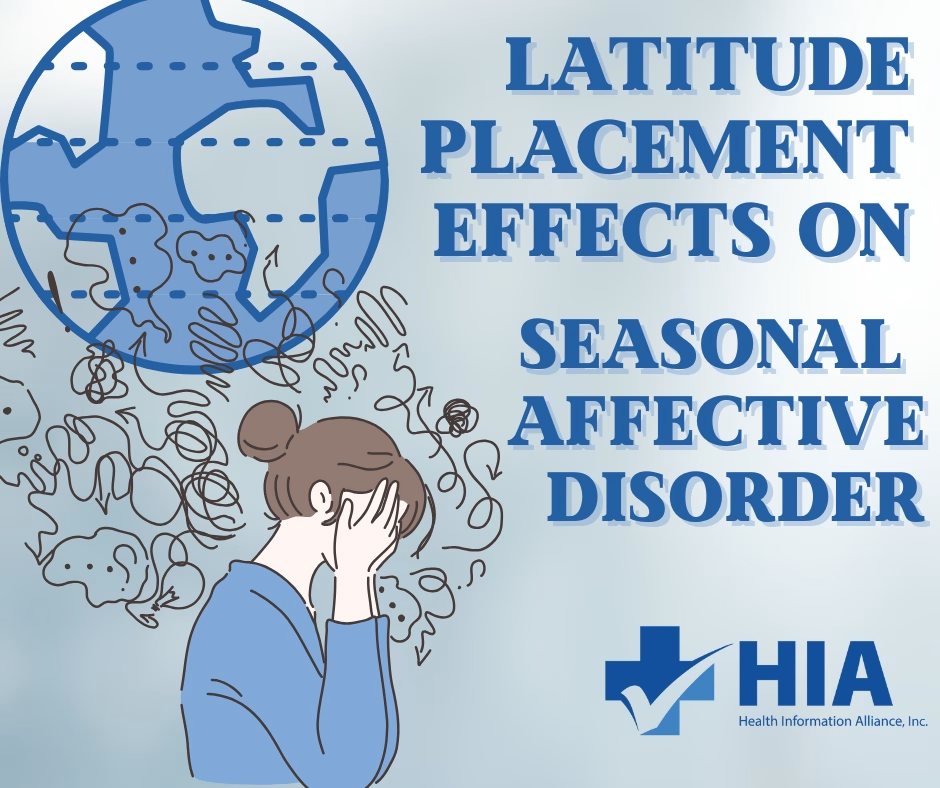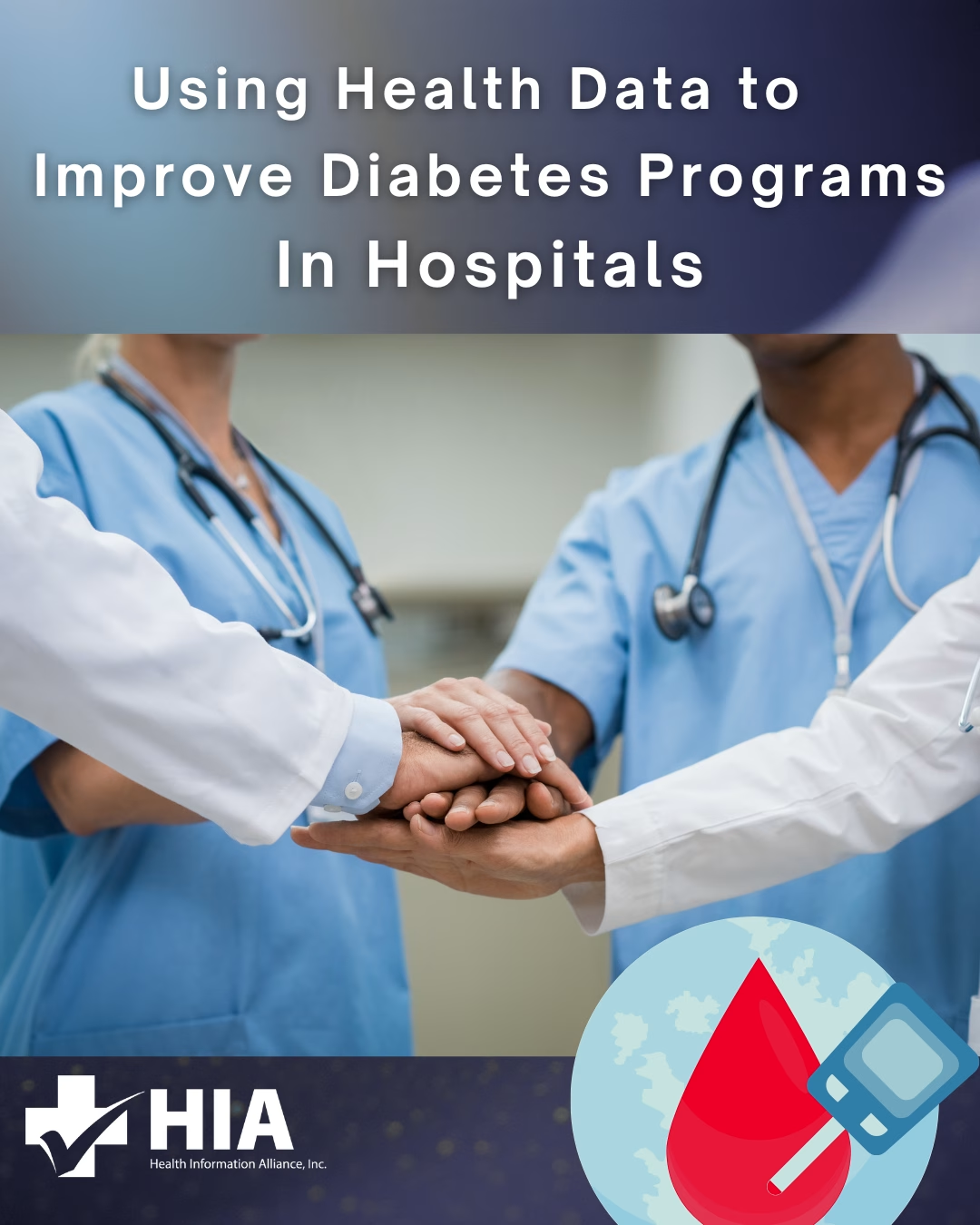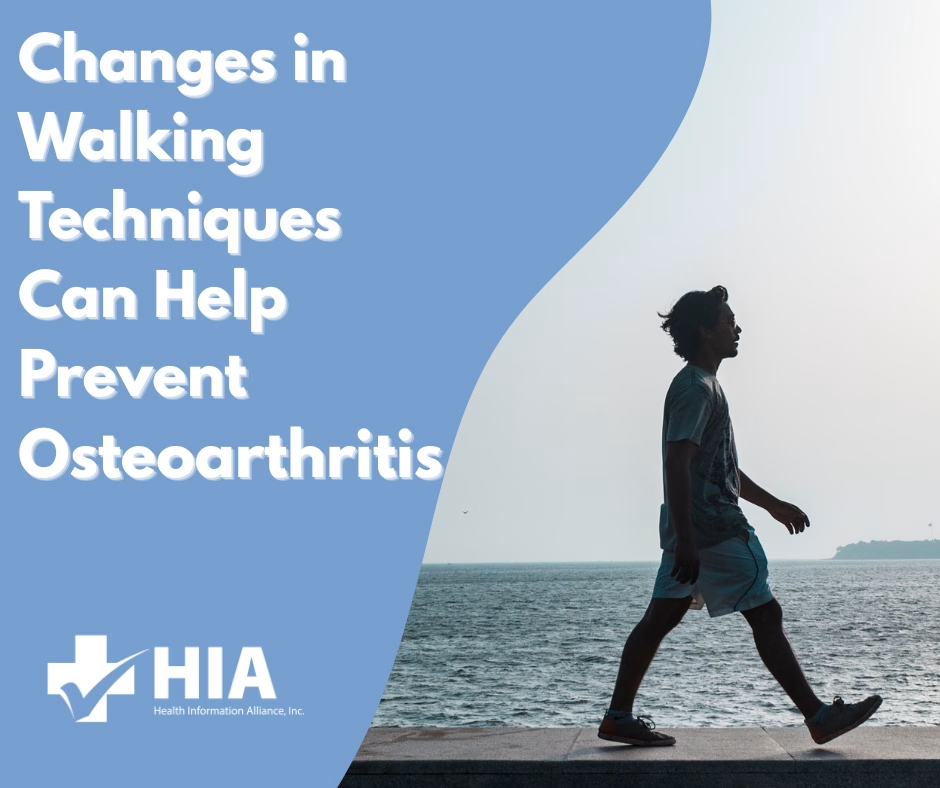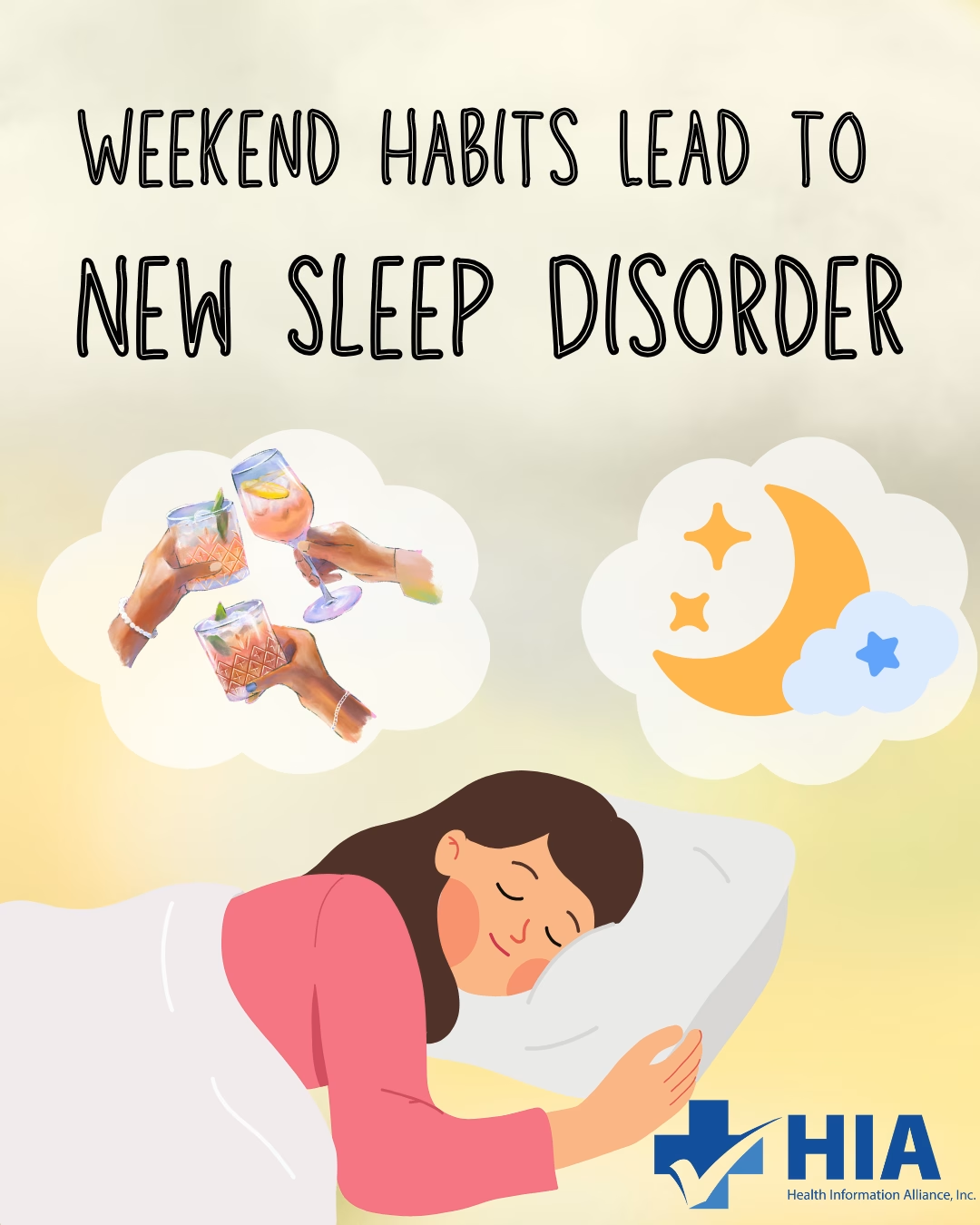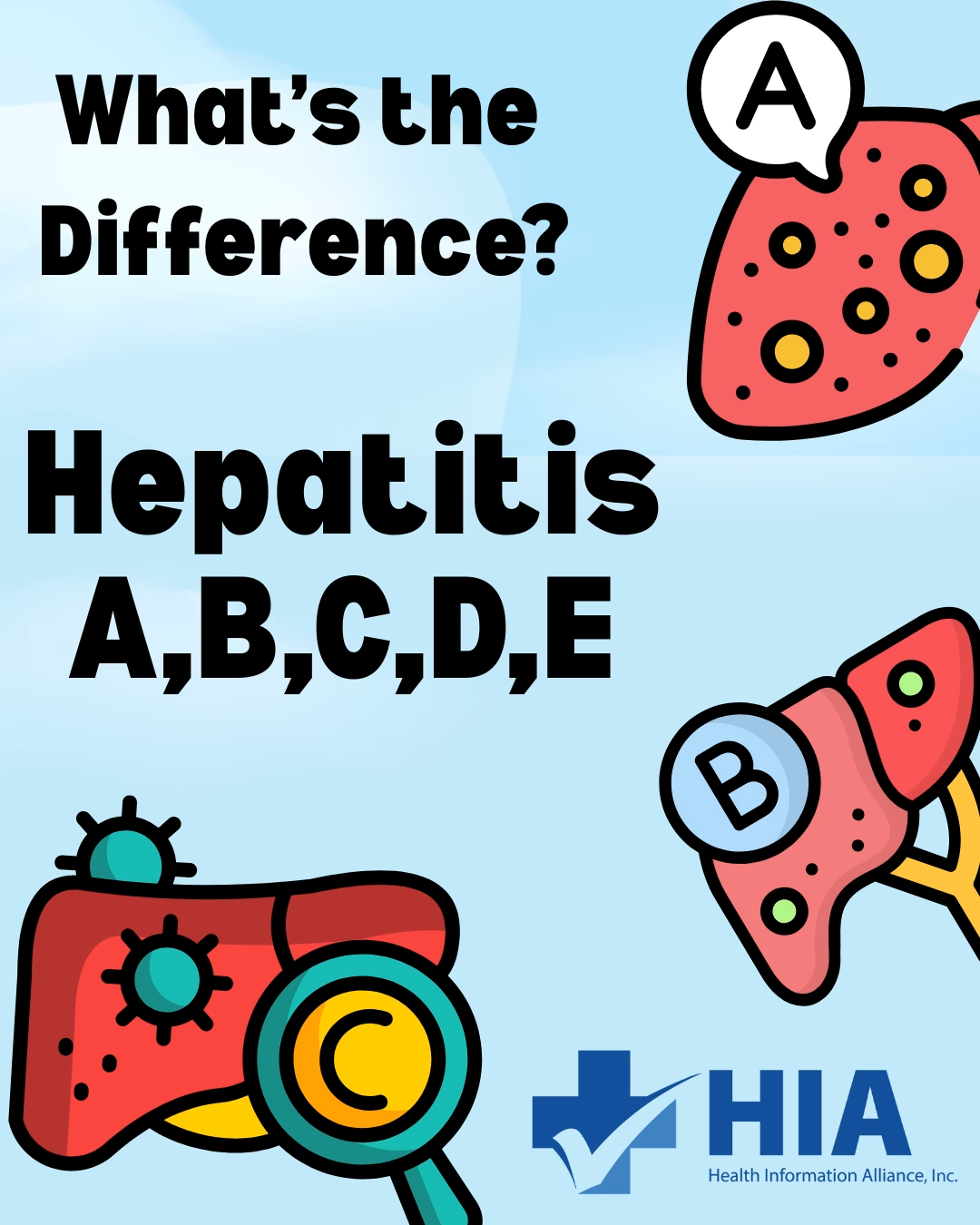EHR Errors : A True Risk on Patients’ Safety
Make no mistake! Technology is reshaping all industries day by day, and the healhtcare industry is no exception. Yet, despite how technology promotes effectiveness and precision, electronic health record (EHR) systems can not avoid errors, thereby allowing the EHR technology to possibly transmit the information unsuccessfully. As a result, patients become the victim of those errors that continue to compromise their health and safety every time.
What is the main cause behind the errors? The exponentially increasing database of patients, as well as the number of applications implemented in the healthcare scene. Without careful crosschecking of patient data, errors are bound to happen much like the recent kidney transplant case in New Jersey. As reported by ABC News, a medical error led the hospital to give a kidney transplant to the wrong patient who had the same name and was of the same age. Luckily, the second patient successfully received a kidney transplant about a week later. Nevertheless, the threat EHR errors represent is not to be underestimated, as it can lead to more serious consequences in other cases.
With EHR systems constantly being implemented in healthcare settings such as in hospitals, clinics and physician practices, you as the patient or patient representative need to be savvy as well. It happened to me! My parents recently relocated and had to change their primary physician. The physician practice was implementing a new EHR and when Dad was scheduled for surgery, they had moms medical history. Considering the age of my parents and the various medications they are taking, this error could have been serious. Thankfully, we caught this error prior to surgery. Real story here folks!
Based on a research published by the ECRI Institute, EHR errors are recorded daily in the healthcare environment. In the study led by the institute, up to 72% of errors were patient encounters, 12% of the errors were during intake, and a 9% rate of permanent or temporary harm and two deaths were caused in the healthcare organizations included in the study.
Even though poor patient identification only makes a fraction of the wrong-patient risks, this problem will remain of huge importance that needs urgent attention and solutions, since every identification carries behind it a real person who deserves good quality health care and better life conditions.

